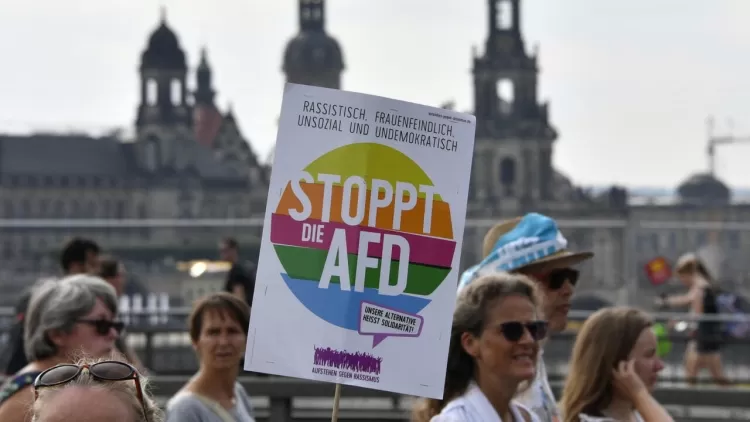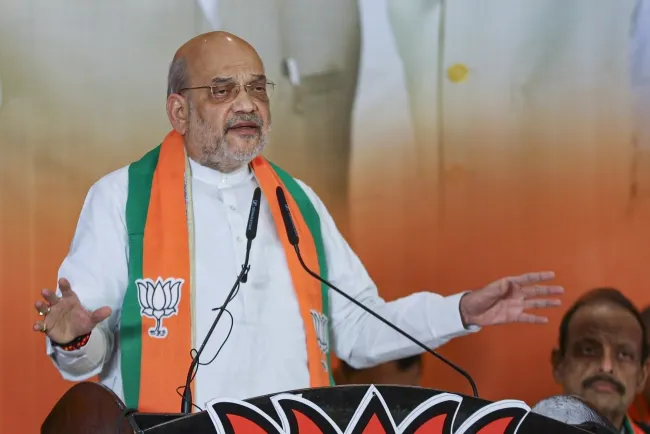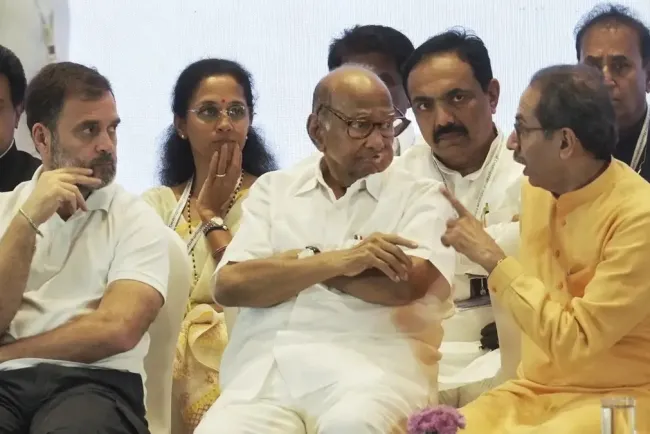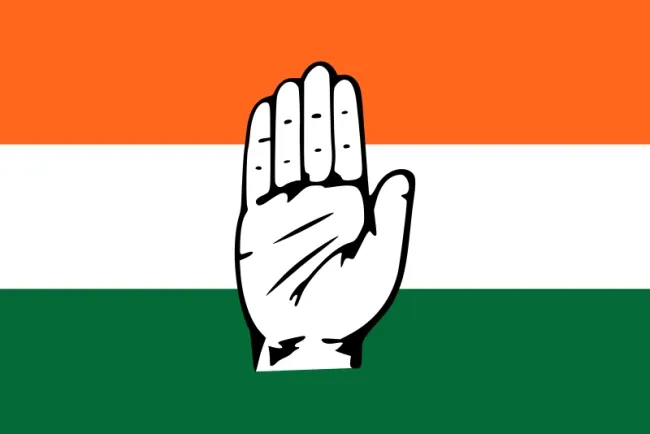German Lawmakers Push to Ban Far-Right AFD Party Amid Rising Popularity and Tensions
The German government, led by the Social Democrats and Greens Party, has proposed banning the far-right Alternative for Germany (AFD) party. However, this motion has sparked widespread debate and faced growing support for the AFD, especially from the opposition CDU party. Amid rising anti-immigrant sentiments and fears of deepening polarization, this political move is set against the backdrop of the country’s fraught relationship with migration and Europe.

In a dramatic political development, Germany's ruling coalition, comprising the Social Democrats (SPD) and the Green Party, has filed motions in Parliament seeking to ban the far-right Alternative for Germany (AFD) party. This proposal comes less than a month before the critical February 23rd elections, leading to intense debates about Germany's democratic integrity and the rise of far-right politics.
The Growing Threat: AFD’s Ideology and Political Influence
The SPD and Greens argue that the AFD poses a direct threat to the democratic foundations of Germany, accusing the party of promoting xenophobic, racist, and anti-European ideologies. They contend that the AFD's platform undermines the values of unity and inclusiveness that Germany has championed, particularly within the European Union. Lawmakers from the SPD warned that if the AFD is allowed to continue its rise, it could severely damage the democratic fabric of the nation.
In their motions, the ruling coalition underscores concerns about the AFD’s growing influence. The party has found significant support among segments of the population who feel alienated by Germany’s immigration policies and the increasing challenges of integration. Recent statements from AFD leaders have echoed nationalist and anti-immigrant rhetoric, contributing to a climate of division within the country.
Backlash from the Opposition: CDU’s Support for AFD
However, the AFD's political momentum is not without its allies. The center-right Christian Democratic Union (CDU) party, traditionally the main opposition to the SPD, has openly expressed support for the AFD in recent weeks. CDU lawmakers have criticized the SPD and the Greens for allegedly ignoring the will of the majority of Germans, particularly in relation to immigration policy. Some in the CDU view the rise of the AFD as a necessary counterbalance to what they perceive as a shrinking social and political minority in the SPD and Greens.
The CDU's position has triggered fierce criticism from Chancellor Olaf Scholz and former Chancellor Angela Merkel, who have both condemned the CDU's alignment with the AFD. Scholz, in particular, has described the AFD as an anti-European force that jeopardizes Germany’s reputation both within the EU and on the global stage. Merkel, too, has expressed dismay at the CDU’s strategy, warning that it could exacerbate the challenges of international cooperation and harm Germany's standing as a leader in European integration.
Migration and Security Concerns
The timing of the AFD's growing influence coincides with rising concerns about illegal immigration, particularly in the wake of two recent terrorist attacks that were carried out by immigrants. These incidents have fueled an already intense anti-migrant sentiment among certain segments of the population, further bolstering the AFD’s popularity.
The German government, already under pressure to tighten borders and curb illegal immigration, has recently passed a controversial regulation aimed at cracking down on illegal migrants. This move was supported by both the AFD and the CDU, much to the dismay of Chancellor Scholz. Scholz has condemned this collaboration, asserting that such policies not only undermine European laws but also risk tarnishing Germany’s moral reputation, particularly in the context of its history during World War II.
The rise of far-right politics in Germany is now being seen by some as a response to the failures of traditional parties to effectively manage migration and integration. This has led to a polarizing effect on the upcoming elections, with many fearing that banning the AFD could only amplify its appeal and deepen divisions within the country.
International Reactions and Support for the AFD
The AFD has also received support from unexpected quarters, including from high-profile figures outside of Germany. One such individual is billionaire Elon Musk, who has voiced support for the AFD’s political agenda. Musk has been vocal about his belief that Germans should move past the guilt associated with the actions of Nazi Germany, a stance that has drawn significant criticism.
Musk's statements have sparked outrage among many in Germany, particularly those who feel that his comments are dismissive of the country’s dark history. However, his comments also reflect a broader global debate about the weight of historical guilt and national identity, particularly as new political movements gain ground in various countries.
The Dilemma: To Ban or Not to Ban?
As the AFD's popularity continues to surge, there is increasing concern among Germans about the potential consequences of a ban. Many fear that outlawing the AFD could backfire, strengthening its narrative of victimization and amplifying its support base. The idea of banning a political party is a deeply controversial one, particularly in a country with a history of oppressive regimes and restrictions on free expression.
The government’s crackdown on illegal immigration and the AFD's rise in prominence have highlighted the divisions within German society. For some, the AFD represents a necessary challenge to the political establishment, while for others, it embodies a dangerous force that threatens the values of democracy, tolerance, and human rights.
As Germany heads into its February elections, the political landscape remains highly polarized. Whether the AFD will continue to grow in influence or whether the ruling coalition’s efforts to ban it will succeed remains to be seen. However, what is clear is that the debate over the AFD is not just about immigration—it is about the future direction of Germany’s democracy, its place within the European Union, and the broader challenges facing Western liberalism in the 21st century.
The Future of German Politics
As the political standoff continues, many Germans are left to wonder whether banning the AFD will truly address the root causes of its rise. Would it simply serve to martyr the party and further entrench its supporters, or would it ultimately restore a sense of unity to the country? The ongoing debate over the AFD’s role in German politics will undoubtedly shape the future trajectory of the nation, both domestically and within the wider European context.
The outcome of these discussions and the February elections will likely set the tone for Germany’s political future, as well as its stance on immigration, European cooperation, and the role of far-right movements within the broader European political landscape.
As Germany grapples with the rise of far-right politics, the situation raises important questions about the balance between free speech and democratic values. How should countries handle the growing influence of extreme political movements, and at what point does tolerance for dissent become a threat to national cohesion? The future of German democracy, and perhaps Europe’s, may depend on finding the right answer.
What's Your Reaction?

















